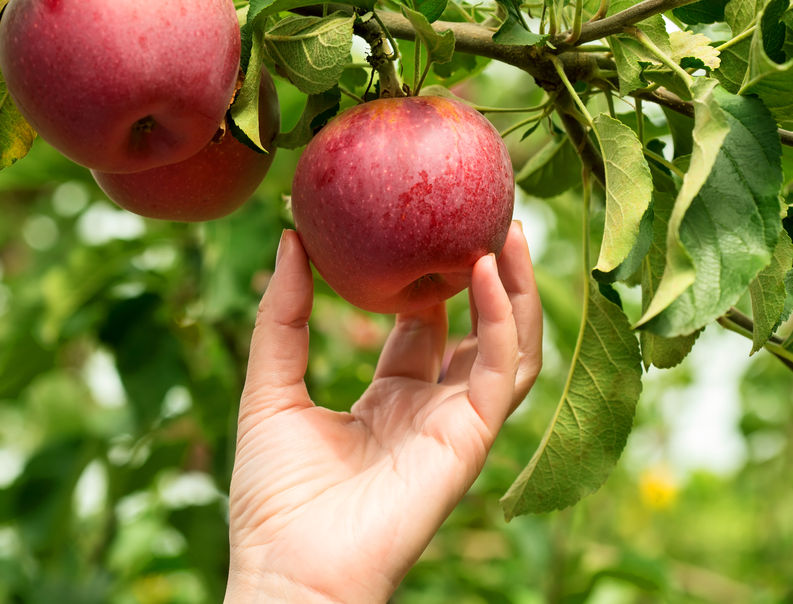
Ukip has said British students could provide labour for fresh produce industry to help cut migration.
The party's immigration minister John Bickley said the UK must "use up the human capital that exists in this country" before opening its borders.
He stated that reforms to the welfare and education system are needed to increase the number of home-grown workers available to the agriculture sector.
Mr Bickley said fruit picking was previously a “rite of passage” to earn extra cash for people about to go to university or at university.
Ukip said it would also offer six-month visas to non-Britons seeking seasonal labour in the UK.
"The number of such visas would be progressively reduced over time by the migration council as other measures are taken across the welfare and education system to increase the availability of home-grown labour,” Bickley said.
"We also want to encourage our own people to get back into that industry.
"There used to be a time when it was a rite of passage that people going through, if you like, an internal gap year in this country or on their way to university or at university, that to get some extra cash in, guess what they'd do, they'd go fruit picking."
'Left to rot'
The current Government has hinted that some form of visa scheme could be established to ensure that British agriculture could still have access to migrant labour.
But the farming industry has warned that urgent action is required to prevent a crisis.
Ali Capper, chairman of the NFU horticulture board, which represents a sector particularly reliant on foreign workers, said: "If we leave the introduction of this scheme until after Brexit, the damage will have already been done and crops will be left to rot in the fields.
"The effects would be felt right through the food supply chain, ending with the public – the people eating the food we produce. The importance of a strong, domestic food supply cannot be understated."
She said: “Horticulture, alone, needs over 80,000 workers to plant, pick and pack fruit and veg. That number will rise to 95,000 in the next four years. Shortages aren’t just limited to fruit and vegetable growers - workers from across the skill spectrum are needed for an industry that is worth £108 billion to the nation’s economy.”
